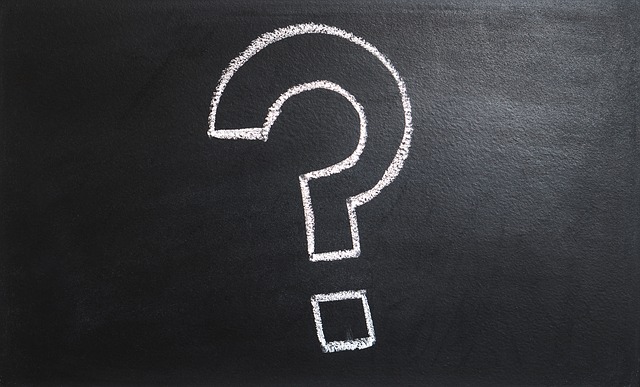4 Questions Before Buying Your First Home
 Whether you are a young person getting into the housing market early or a long-time renter looking to make the big leap to ownership, buying that first home marks a turning point in life. Both personally and financially, buying a home represents one of the largest decisions that a person has to make. Because of its magnitude, the choice to leap into real estate should not be made lightly. Here are 4 of the key questions that first time buyers should ask themselves before taking the plunge.
Whether you are a young person getting into the housing market early or a long-time renter looking to make the big leap to ownership, buying that first home marks a turning point in life. Both personally and financially, buying a home represents one of the largest decisions that a person has to make. Because of its magnitude, the choice to leap into real estate should not be made lightly. Here are 4 of the key questions that first time buyers should ask themselves before taking the plunge.
1. Are your finances strong enough to buy?
This is the most obvious question that anyone needs to answer before buying a home (hence it being #1). The largest up-front costs are of course the down payment and closing costs, which can vary widely depending on your circumstances. Putting more down will give you a smaller monthly payment, but requires you to have more cash available at the outset.
Your credit score is another factor that should definitely be considered before making the decision to buy a home. Although people often buy homes with a score in the mid-600s, you will only receive the best (AKA lowest) interest rates if your score is over 700.
Less obvious financial hurdles to home ownership include recurring expenses such as property taxes, repairs, and utilities. In order to make these monthly payments easier, it is a good idea to try to lower your debt-to-income ratio ahead of time by paying off any credit card debt.
2. Will you compromise?
People often go into the home search process with a very specific idea of their dream home, only to realize that no such home exists in their area (at least, none that they can afford). As a result, compromising on these expectations is almost always necessary in order to find a home. If you aren't willing to settle on a smaller home, a worse location, or some other form of compromise, then you may want to put the home search on hold until your desires change or you increase your budget.
3. Are you ready for the stress?
When renting, it's easy to overlook the amount of repairs, maintenance, and general stress that your landlord has to deal with. Once you become the property owner, all those responsibilities now rest squarely on your shoulders. Yes, this is most obvious in the form of additional costs, but it also includes a great deal of time and stress. If you don't handle stress well or hate maintenance, owning a home may not be the lifestyle for you.
4. Will owning a home pay off?
When buying your first home, you should always think of it as an investment. Unlike renting, owning a home allows you to build equity in your residence. Ideally, that equity means that you will actually pay less in the long run than you would have by renting during that time. The amount of time that it takes to break even on expenses depends on several variables, such as your interest rate, your home's appreciation, and how much your rent costs. To make deciding easier, take advantage of an online calculator comparing renting and buying costs.
Owning a home is an incredibly rewarding experience with many advantages, but that doesn't mean you should leap into it before you're ready! You can learn more about these questions at houselogic.com.
- Cheryl Bourland's blog
- Login or register to post comments
 Google+
Google+


 Information Deemed Reliable but Not Guaranteed. CENTURY 21 H.S.V. Realty is licensed in the state of Arkansas. CENTURY 21 and the CENTURY 21 Logo are registered service marks owned by Century 21 Real Estate LLC. H.S.V. Realty, Inc. fully supports the principles of the Fair Housing Act and the Equal Opportunity Act. Each franchise is independently owned and operated. Any services or products provided by independently owned and operated franchisees are not provided by, affiliated with or related to Century 21 Real Estate LLC nor any of its affiliated companies.
Information Deemed Reliable but Not Guaranteed. CENTURY 21 H.S.V. Realty is licensed in the state of Arkansas. CENTURY 21 and the CENTURY 21 Logo are registered service marks owned by Century 21 Real Estate LLC. H.S.V. Realty, Inc. fully supports the principles of the Fair Housing Act and the Equal Opportunity Act. Each franchise is independently owned and operated. Any services or products provided by independently owned and operated franchisees are not provided by, affiliated with or related to Century 21 Real Estate LLC nor any of its affiliated companies.